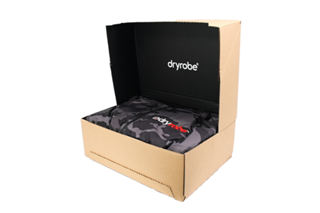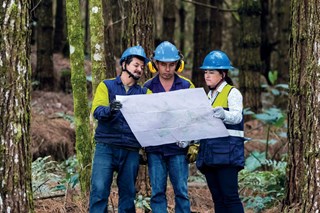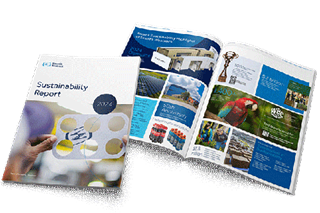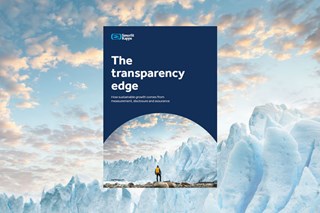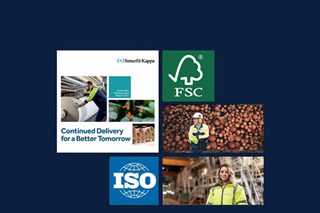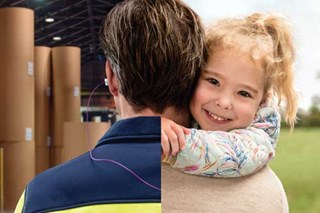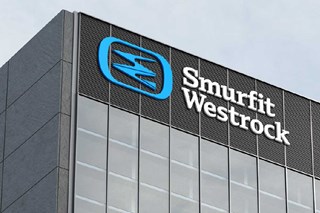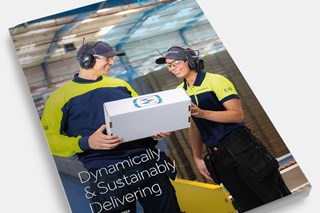Climate Change

The challenge of achieving the Paris Agreement and the UN 2030 SDGs will require strong and concerted action to deliver on the levels of commitments across all sections of society. The need to decarbonize is heightened further by the demands and expectations of our customers. We align our climate change strategy with the UN 2030 SDGs 7 (Affordable and Clean Energy), 12 (Responsible Consumption and Production) and 13 (Climate Action), which are related to climate change.
One of the key areas where we can manage our impact on climate change, is through climate change mitigation activities, which focus primarily on reducing CO2 emissions. This can be achieved by using energy more efficiently, generating energy in a more efficient way, by investing in renewable energy, and considering and trialing new and emerging technologies.
Reducing energy use and moving to lower carbon, renewable sources of energy are core elements of our climate change strategy. The strength of our approach is demonstrated through our actions today, our independently assured climate performance (for both legacy companies), and our ambition of working towards a net zero future, supported by our Net Zero Transition Plan. We also focus on increasing the efficiency of our own production systems, lowering our customers’ carbon footprints and decreasing CO2 emissions in our supply chain, through actions such as transport optimization.
Smurfit Westrock is working towards a net zero future and while we believe we can play an important role, we also believe that delivering on a net zero future will rely on new and evolving technologies as well as supportive regulation.
Both legacy companies had set interim targets on reducing their emissions in line with the Paris agreement which were also validated by the SBTi. In line with the efficient resource-use hierarchy, we only use wood biomass, for which no higher value-added purpose exists, as fuel and we also use residual products of wood, such as black liquor, to generate energy.

